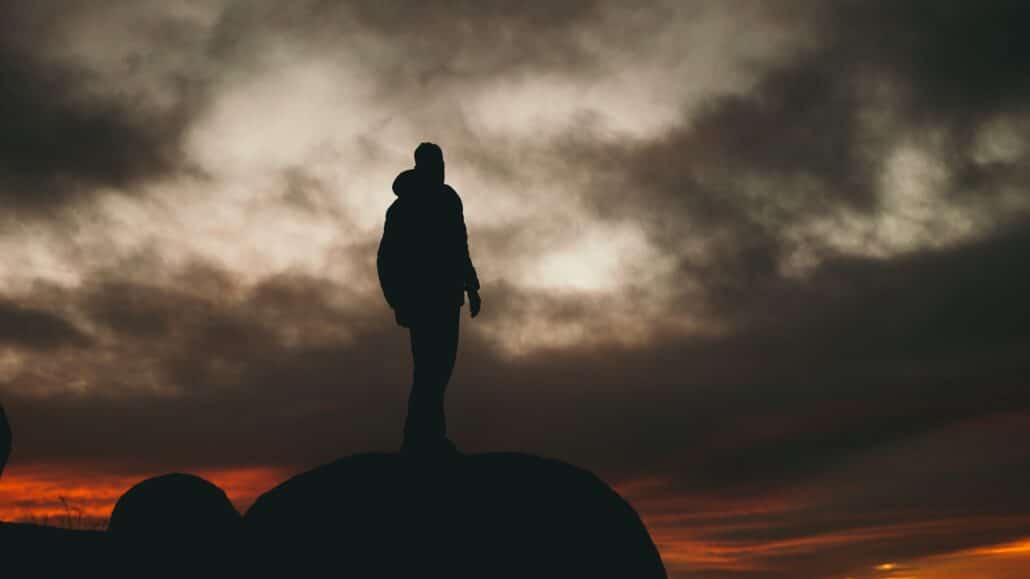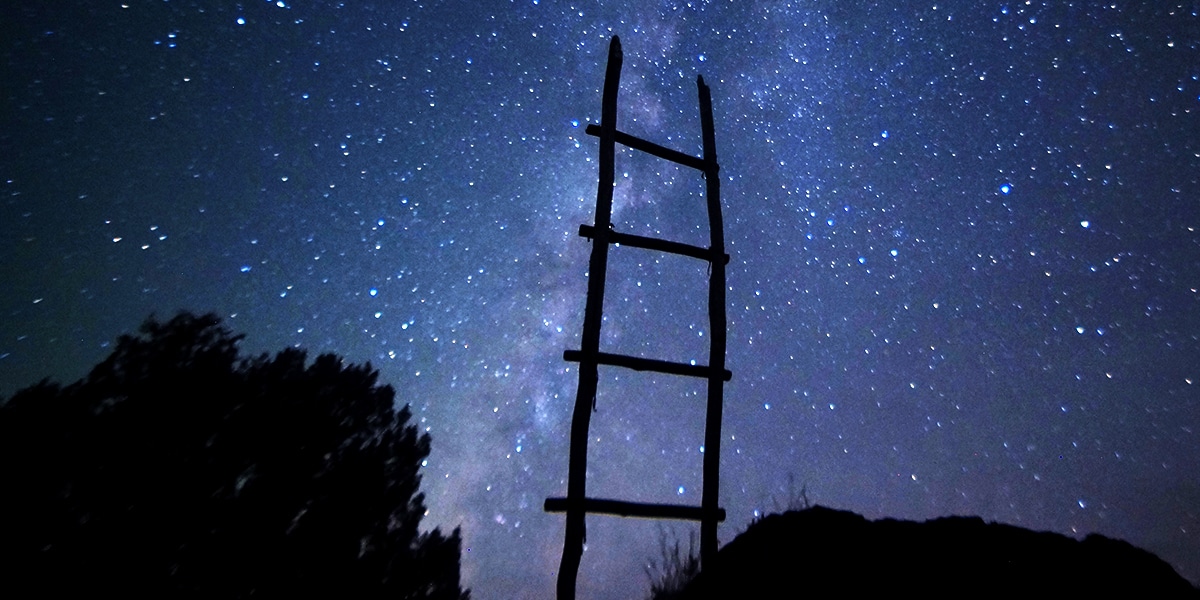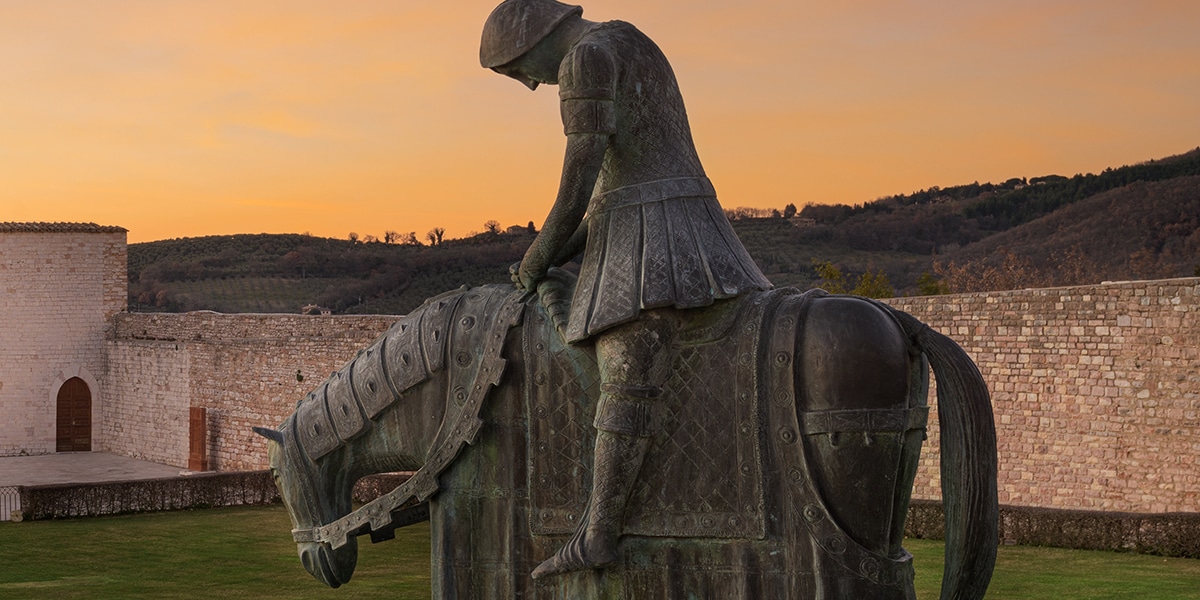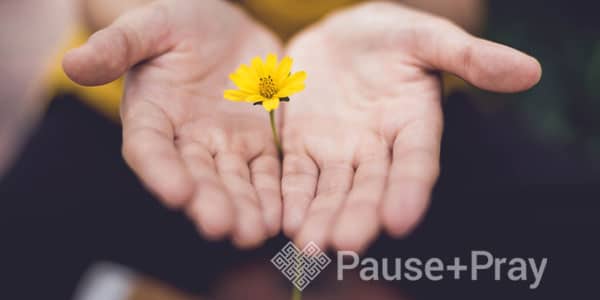In defending his atheism, philosopher Bertrand Russell had some unkind things to say about the role of fear in religion: “Religion is based primarily upon fear. It is partly the terror of the unknown and partly as the wish to feel that you have a kind of elder brother who will stand by you in all your troubles and disputes. Fear of the mysterious, fear of defeat, fear of death. Fear is the parent of cruelty, and therefore it is no wonder if cruelty and religion have gone hand in hand.”
Unkind, but perhaps not untrue. Because I write about faith, I sometimes have people who bear a grudge against God, Christianity, or religion in general attack my beliefs. Their challenges often follow established ruts: faith is for the weak; religion is the opium of the masses; it’s all just a big racket.
These charges don’t make me defensive; they make me reflective. Some of the most devout believers I know came to faith after a personal tragedy or a battle with addiction, and I have to admit that there are a lot of white heads at Sunday Mass. I can hardly blame those who criticize organized religion—it really only takes one Inquisition (or a couple Crusades or witch hunts) to prosecute that case—or believe its adherents to be crutch-seeking sheep. Once you step outside the mind-set of religion and take an objective look, a rational mind will generally tend to the same conclusion.
As much as I value rationality, though, I know that it’s just one resource in the human toolkit. If religion is the wrong way to handle our fears, rationality is not always better. It might help with things that go bump in the night, but it does little to help with the ultimate questions.
What I do think can be helpful is faith. I don’t mean to draw some sort of spiritual-but-not-religious distinction here, but I do think of religion as knowledge that we accept or inherit. Faith, on the other hand, is something we earn not by accepting what we’ve been taught to believe, but by doubting, asking, challenging.
In The Places That Scare You, Buddhist nun Pema Chödrön offers a contrast between inherited religion and true faith in approaching our fears:
All too frequently we relate like timid birds who don’t dare to leave the nest. Here we sit in a nest that’s getting pretty smelly and that hasn’t served its function for a very long time. No one is arriving to feed us. No one is protecting us and keeping us warm. And yet we keep hoping mother bird will arrive.
She counsels us to ask ourselves, “Do I prefer to grow up and relate to life directly, or do I choose to live and die in fear?”
The compassion training her tradition describes is a quiet antidote to Western ideas of “conquering” fear. Chödrön writes, “It involves learning to relax and allow ourselves to move gently toward what scares us. The trick to doing this is to stay with emotional distress without tightening into aversion, to let fear soften us rather than harden into resistance.”
Fear is a universal—perhaps even essential—human condition. Denying it is no solution, but neither is frosting over that simmering lava cake with a veneer of religious fondant. We have to sit with our fears, carefully probe what scares us, and find out why. Our traditions might have wisdom to offer, but those need careful examination as well.
Explored with care, religion might not be a crutch; it might just be training wheels.








